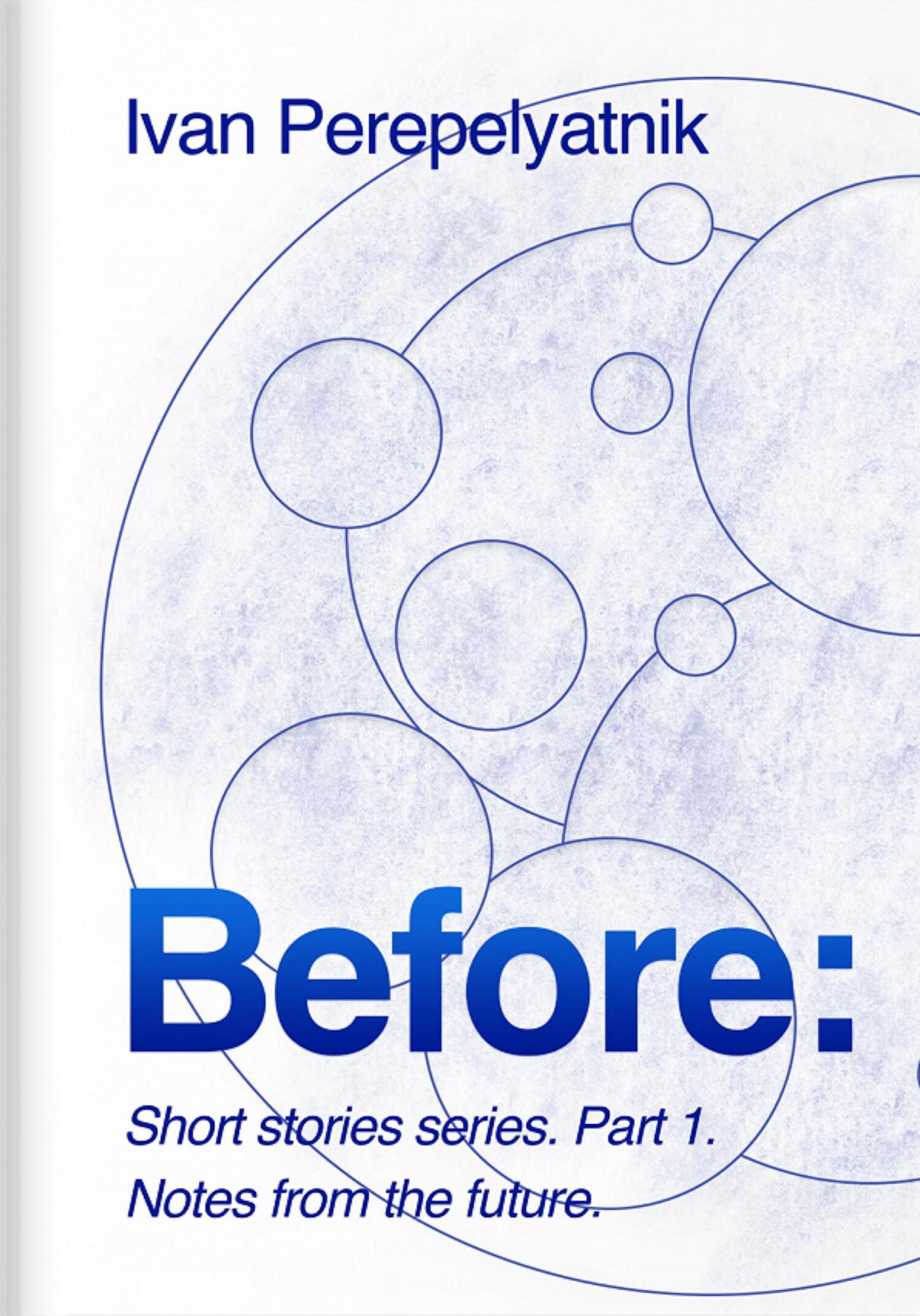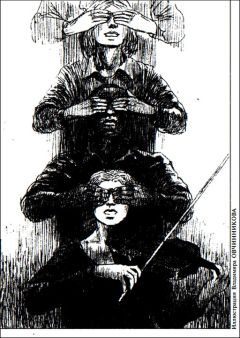active efforts to conceal the first symptoms of the serious illness coming. In fact, the clan or block model, which implied states united into groups guarding only each other’s interests, ceased to be effective. The European Union, the United States of America, the Union of South American States, the Eurasian Union, the key members of which were Russia, China and India, and many other, created poles of power—political, military and economic. The world was multipolar, on the one hand, providing a competitive space that positively determined vectors of development in any sphere of human activity, but, on the other, endless struggle was taking up too many resources.
Scientific potential, like any other creative asset, is strong and grows stronger when an environment is created for the community of scientists, implying no restrictions and barriers for exchange of ideas, with the possibility of a specialist’s participation in a particular project dependent only on the knowledge and intelligence, but not on speculative considerations of the current key of communication between politicians at the state-to-state level.
When politicians, and government on the whole, are misled and lose themselves in the realities of the world, going to extremes in their cognitive distortion, when civil servants begin to perceive the illusions they have created themselves about their purpose as defining development vector of the society, forgetting about their real function of service, there appears an irresistible potential for change. Body ulcers have boundary outcome scenarios—they will burst from the inside due to the excessive pressure created by the environment, they can be removed in a timely manner by qualified personnel or, spreading more and more actively, the destructive process will go irreversibly.
Each decade rapidly flying away, there was less and less doubt left about the need for changes. Understanding the very right plan for big changes was made even more complicated by the ecological and demographic crises. Every one of them increasingly accelerated the centrifugal force of each other, ready to spin away off its own axis and smash everything around, putting the final point in the long-running dispute of a human, always supposed to be in the centre of everything, against the audience unwittingly gathered on the main and the only scene. The population of the planet was getting younger and grew older, peaked up, creating new extremes, and was falling into the demographic abyss in such a fragmented way—from the insane bursts in Africa and the young Antarctica, which had been increasingly gaining strength, to the finally surrendered Europe and North America. The abyss was so fragmented that the agenda of any political elites’ discussion was reduced primarily to working out effective proposals aiming at finding a fundamental resolution of this situation of deep crisis.
The demographic gap and the environmental imbalance, which had become catastrophic, were not the only triggers of a major changes plan.
In 2075, there lived over 13 billion people on the Earth, and their vital activity required more and more resources every day. These challenges had ceased to be hypothetical—somewhere, once upon a time, our future generations… No, it was literally happening there and at the time. Overpopulation, air pollution, a sharp decline in animal species, rising temperatures, rising ocean levels, a shortage of clean fresh water, food supply disruptions in some regions of the world…—they were existential challenges.
Large financial and technological resources were still concentrated in the Old and New Worlds, as Europe and North America were once called. But the scientific potential was already making its way along the new path of development, like a vine reaching for the light, despite obstacles and obstructions. China, India and Russia—the union of the three states led the development of breakthrough technologies, aiming at radical redefining of the world order. Quantum computing systems, ultra-high-speed communication lines and research in the field of medicine were in the focus of the best scientific forces of the leading countries of the Eurasian Union. Within 25 years, the budget for development in priority areas had reached 1 trillion yuan. Colossal resources were allocated for good reason, and by a predetermined time, in 2099, teams of scientists presented a working prototype of artificial intelligence based on a quantum computer, which surpassed humans in its computing potential in a number of applications. The point of no return, successfully passed by humanity, defined the entire further course of its history.
This AI was given the name PAX, emphasizing the global and all-encompassing significance of the new technology—the technology of solving problems and overcoming the challenges that the contemporary world faced and struggled with at the time. Thermonuclear installations of the ITER type; ultra high-speed communication system; achievements in the field of medicine, longevity in the first place; development of superconducting magnets of a new generation which formed the basis for launching a high-speed mainline transport system on the planet; air transportation at hypersonic speeds; international lunar base; the first settlers on Mars…—the list of innovations that had changed the world beyond recognition could have been continued if not indefinitely, then at least for a lengthy time.
An AI—an intelligence, though still artificial. The computer was controlled, programmed, as before, by the human. The human set a task on which a computer mind of almost limitless possibilities had to work. The active cooperation of people and machines was not limited to scientific and innovative areas only. It was obvious to society that in order to maintain a new standard of living, and to take the next step over, a new foundation was also required—a political and organizational structure, an updated principle of state system. The new high-tech infrastructure did not correlate in any way with the *operating system of life and the structure of society, which everyone continued to follow. That old *operating system, was screaming with the need for an unambiguous upgrade. The PAX had developed relevant offers.
The United Federation of Nations (UFN) was a large common house built on the foundations and basic principles of the United Nations. Globally significant decisions for




